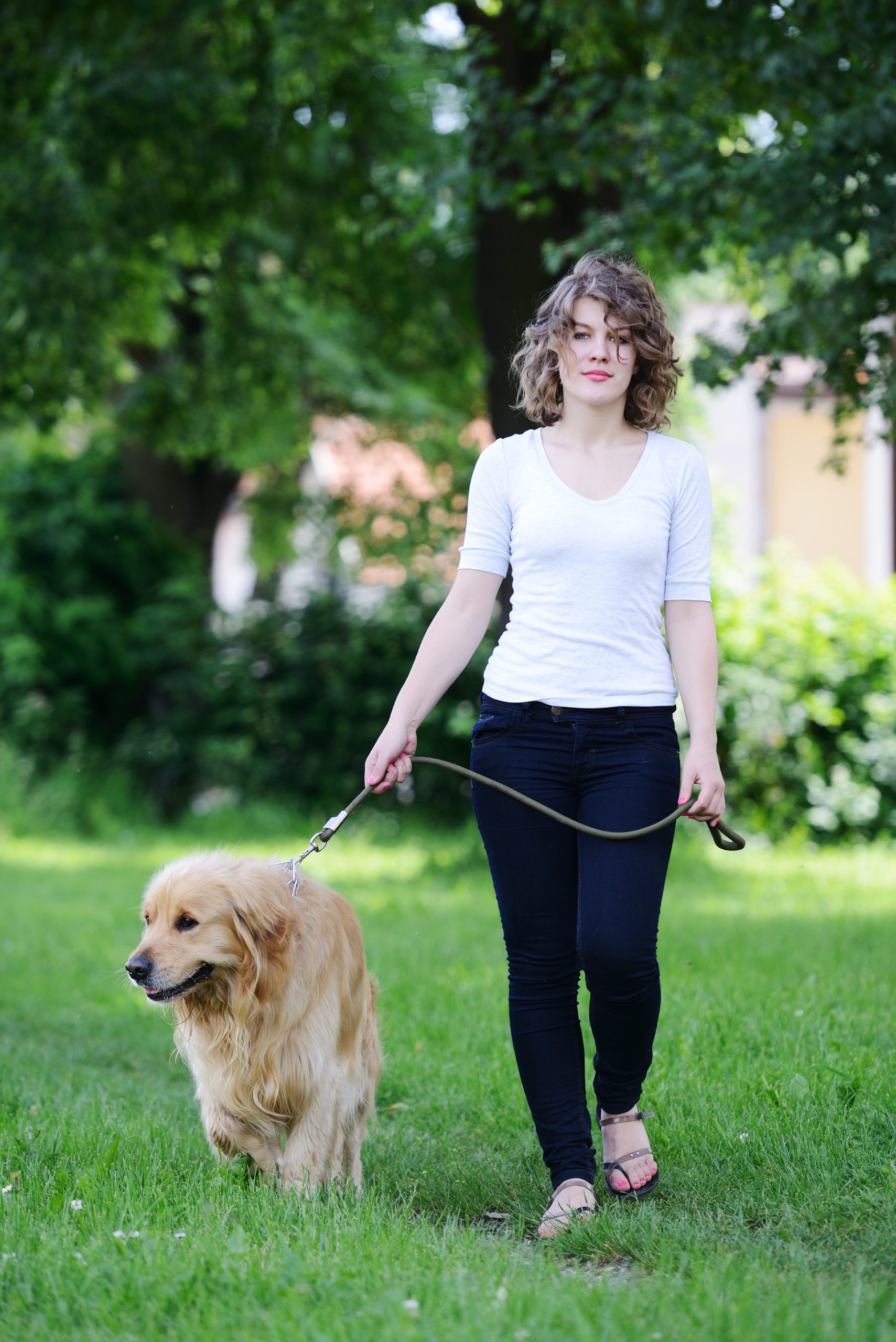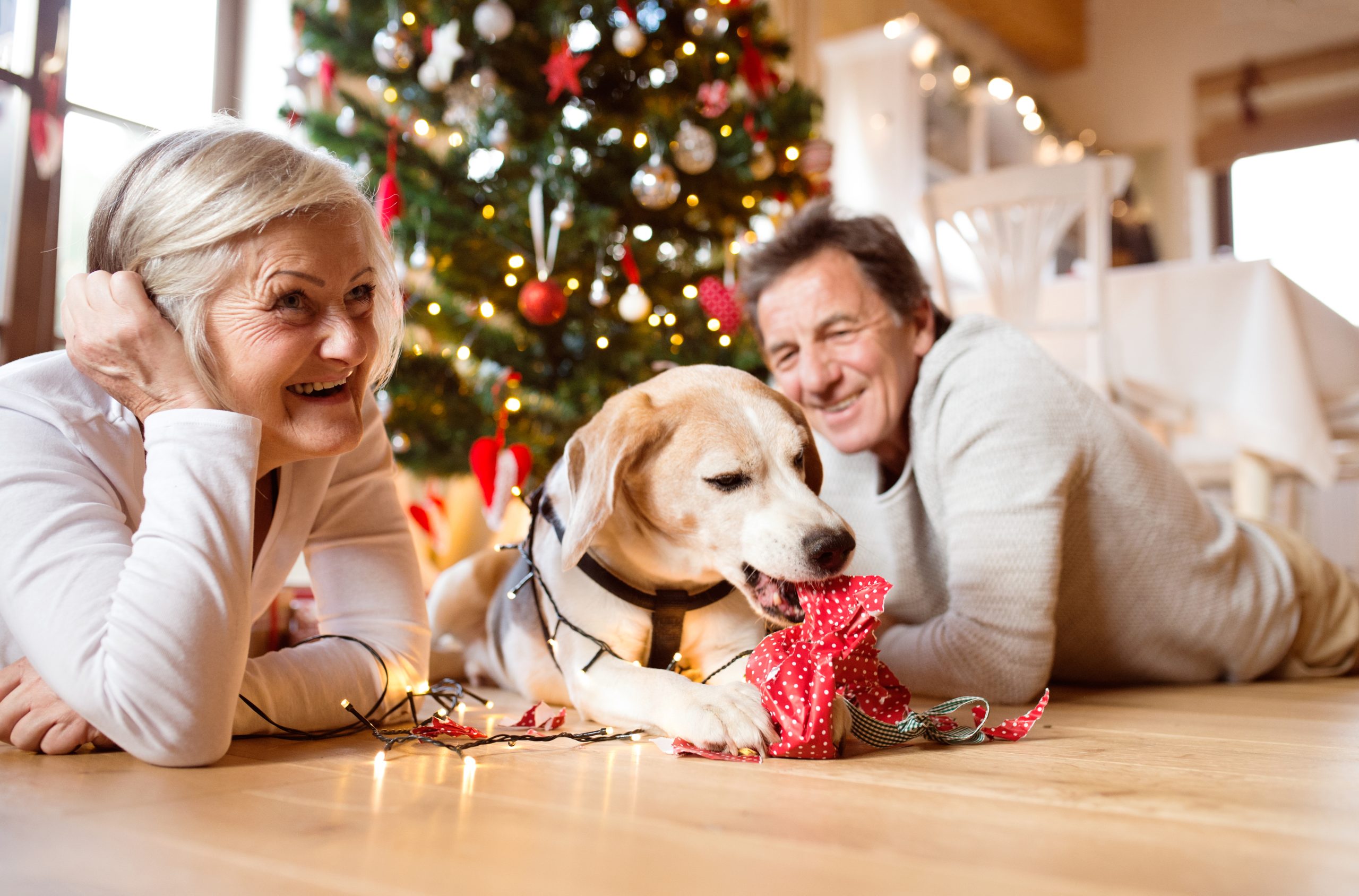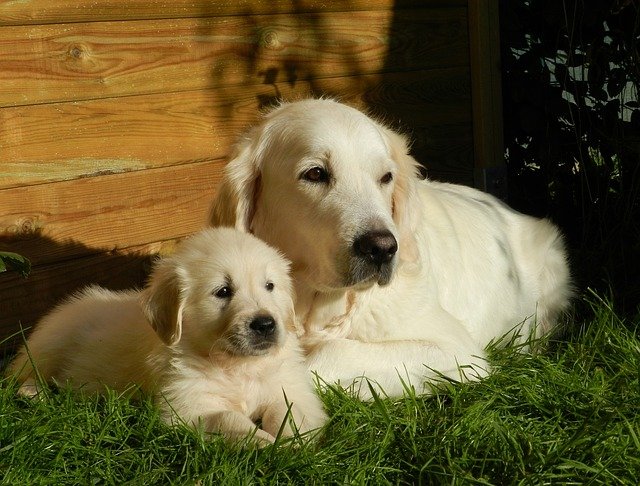Dog training is an essential part of owning a dog. It helps your furry friend understand what’s expected from them and how they can behave appropriately in different situations. One of the most significant aspects of dog training is potty training, which involves teaching your puppy where to eliminate waste. However, many people make mistakes when it comes to potty training their dogs that end up making the process more challenging than necessary. In this blog post, we will discuss some common mistakes people make while potty training their dogs and how you can avoid them.
Common Mistakes People Make While Potty Training Their Dogs:
1. Not providing enough opportunities for your pup to go outside: Puppies have small bladders and need frequent breaks to relieve themselves. If you don’t take your pup out often enough, they may soil inside the house. To prevent accidents, take your pup out every hour or two during the day and after meals, naps, or playtime.
2. Punishing your dog for having accidents: Your pup doesn’t know any better when they have an accident indoors. Yelling at them or punishing them physically won’t help them learn what they did wrong. Instead, clean up the mess calmly and take them outside immediately to show them where they should eliminate waste.
3. Ignoring signs that your dog needs to go out: Just like humans, dogs display certain behaviors when they need to use the restroom. They might sniff around, pace back and forth, or whine. If you ignore these signals, your pup may have an accident indoors. Pay attention to your dog’s behavior and take them outside as soon as possible when they exhibit these signs.

4. Relying too much on crate training: Cage confinement can be an effective tool for potty training, but it shouldn’t be the only method you rely on. Crating your pup for extended periods can lead to separation anxiety and other behavioral issues. Take your pup out regularly even if they are in a crate to reduce the risk of accidents.
5. Giving up too quickly: Potty training takes time and patience. Don’t give up if you experience setbacks along the way. Consistency and positive reinforcement are key to successful potty training. Keep taking your pup out frequently, reward them when they do well, and correct them gently when they make mistakes.
The Best Way to Potty Train Your Puppy:
The best way to potty train your puppy is to establish a routine early on. Take your pup out first thing in the morning, after meals, naps, or playtime, and before bedtime. Use a specific command, such as “go pee,” to signal to your pup that it’s time to eliminate waste. Praise them when they go outside and clean up any accidents promptly. Consistency is crucial; stick to the same schedule every day to help your pup learn quickly.
Obedience Training for Your Dog:
Obedience training isn’t just about teaching your dog basic commands like sit and stay. It also helps strengthen the bond between you and your pet and improves their overall behavior. Obedience training teaches your dog to listen to you and respond to your cues, which can be useful in various situations, including around children, other animals, or in public places. Look for obedience classes near you and enroll your dog as soon as possible.
How Many Days Per Week Should You Train Your Dog:
Ideally, you should train your dog every day, but at least five days per week. Regular practice helps reinforce learned behaviors and prevents bad habits from forming. Short sessions, lasting 10-15 minutes each, work best since your dog can focus and retain information more effectively. Be consistent with your training schedule, and try to incorporate variety into your sessions to keep things interesting for both you and your dog.
The Best Puppy Training Methods:
There are several methods available for puppy training, including clicker training, positive reinforcement, and leash/collar training. Clicker training uses a clicking sound to indicate when your dog has done something right, followed by a treat or praise. Positive reinforcement rewards good behavior with treats, toys, or affection while ignoring bad behavior. Leash/collar training involves teaching your dog to obey commands while on a leash and collar, and using corrections when needed. Choose a method that works best for you and your dog based on their temperament and learning style.
Indoor Puppy Training Tips:
Training your puppy indoors presents unique challenges, especially if you live in an apartment or have limited space. Here are some tips to help you navigate indoor puppy training:
1. Set up a designated area for your pup to eliminate waste, such as a litter box or newspapers.
2. Use baby gates or exercise pens to restrict your pup’s access to certain areas of the house until they learn not to chew or scratch furniture.
3. Provide plenty of toys and chews to keep your pup occupied and prevent boredom.
4. Schedule regular walks or playtimes outside to satisfy your pup’s natural curiosity and energy levels.
Stop Your Puppy From Chewing Things:

Chewing is a normal behavior for puppies, but it can become problematic if they chew on inappropriate items. Here are some ways to stop your puppy from chewing things:
1. Give them appropriate chew toys and rotate them regularly to keep your pup interested.
2. Supervise your pup closely and redirect their attention away from forbidden objects.
3. Use bitter sprays or taste deterrents to discourage chewing on specific items.
4. Teach your pup the ‘leave it’ command to indicate that they should leave something alone.
To wrap up, dog training is an essential aspect of responsible pet ownership. By understanding common mistakes people make while potty training their dogs and implementing effective techniques, you can ensure that your pup learns proper behavior quickly and efficiently. Remember to be patient, consistent, and positive throughout the training process, and your dog will thank you with loyalty and love.
